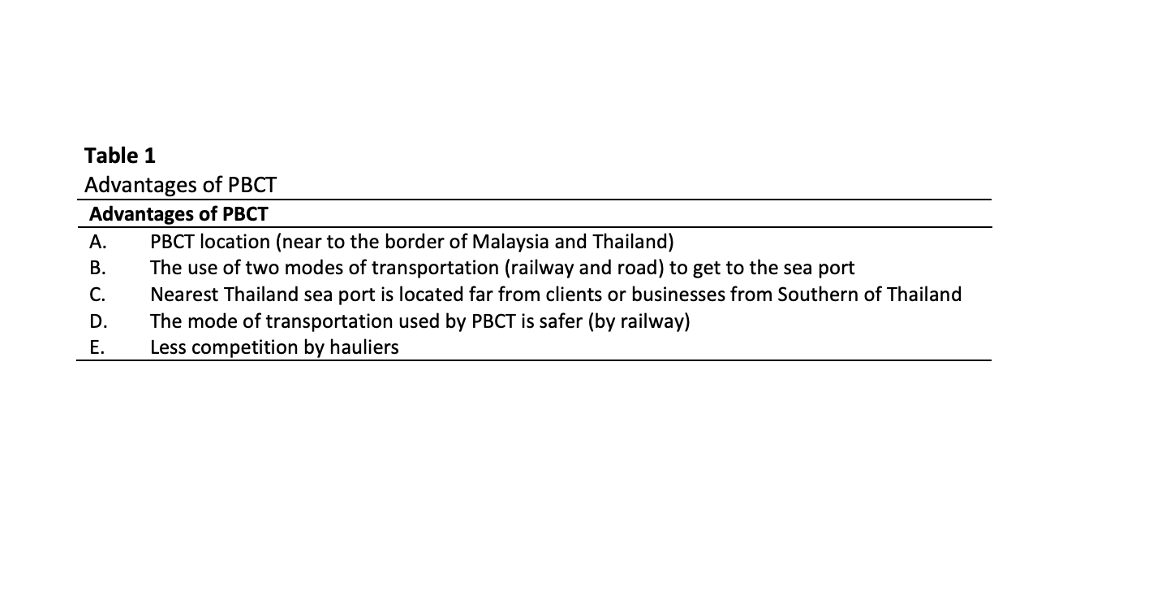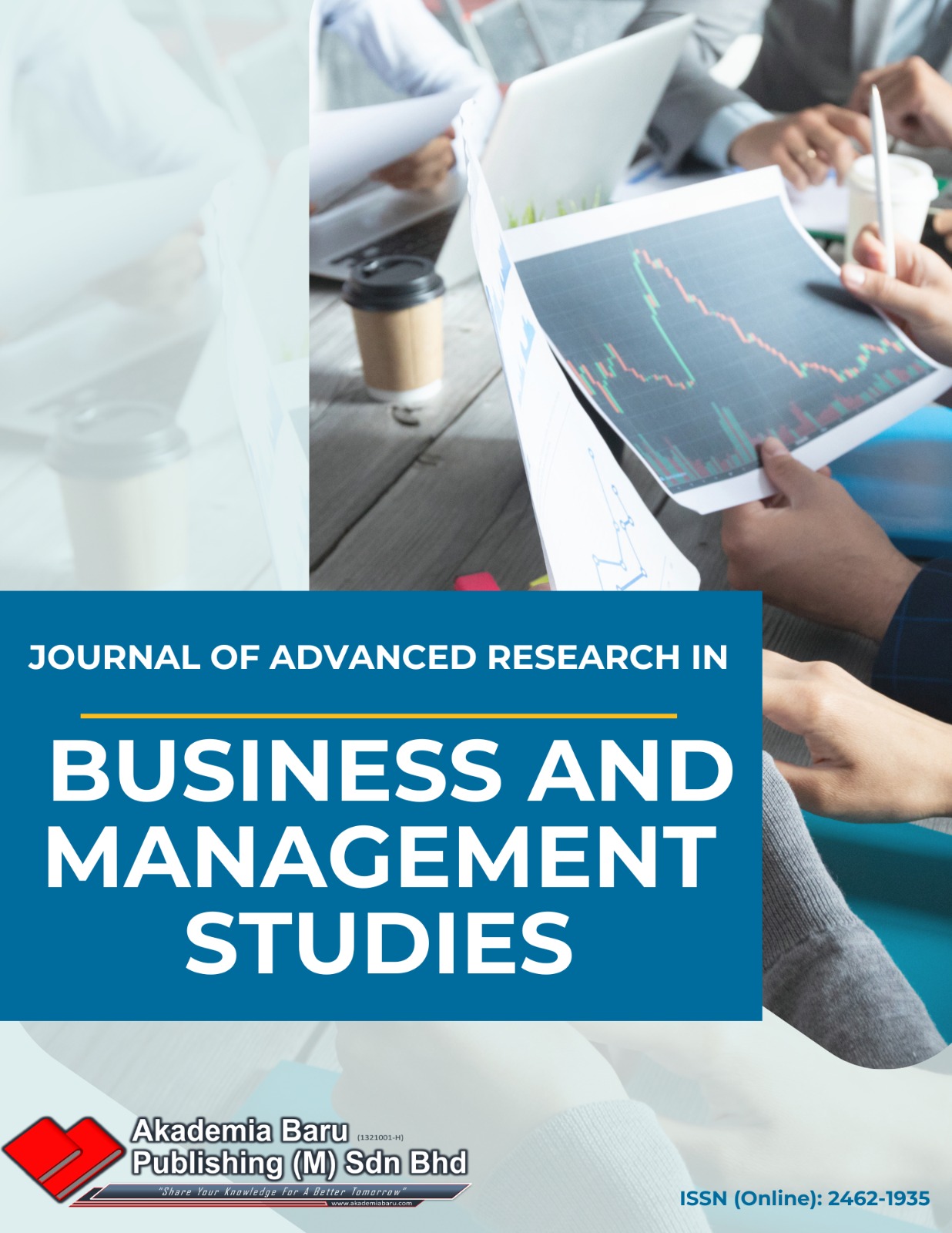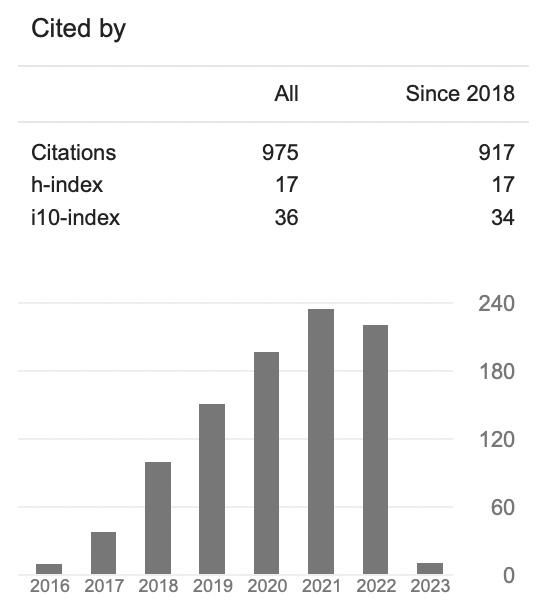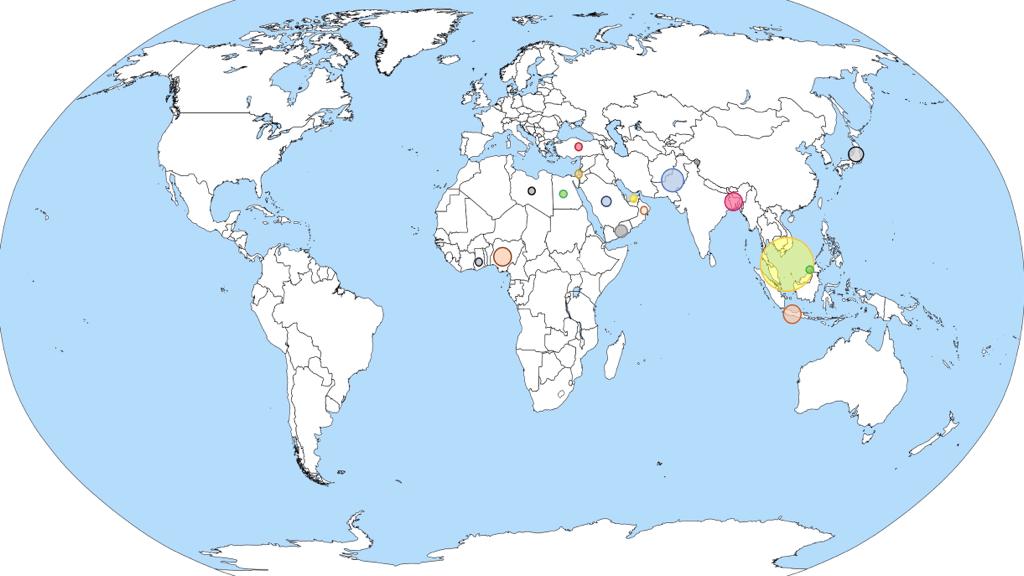Opportunities and Challenges of Malaysia Cross Border Inland Port
DOI:
https://doi.org/10.37934/arbms.34.1.3541Keywords:
Opportunities, challenges, ports, cross-border tradeAbstract
Malaysia is a country that has borders close to 3 countries, namely Thailand, Indonesia and Singapore. This strategic location helps Malaysia take advantage of cross-border trade involving these three countries. As a result, there are several sea and land ports built near the borders of the three countries to facilitate international trade with neighbouring countries. However, the facilities available at the sea and land ports near the neighbouring country are seen to be reaching the maximum level of utilization to accommodate the existing cargo capacity that is transited before being sent to the nearby sea port. This study was conducted for the purpose of identifying the opportunities that exist in developing international trade activities in addition to looking at the challenges being faced by key stakeholders involving this cross-border trade. This study was conducted qualitatively involving the collection of research information through interviews conducted with several port personnel. The findings of the study were analysed manually through thematic methods. The study found that, in terms of trade opportunities, some provinces in the south of Thailand are highly dependent on the ports available in the country given the short travel distance to ship their trade goods to the port compared to their own country. However, inland ports in our country have almost reached the maximum level of use. In addition, this study also found that there is a shortage of ships entering the port of Penang due to the demand for ships rising sharply for trade routes involving countries outside Asia. In this regard, Malaysia is seen to be able to become a major trade hub involving Southeast Asian countries if we are able to improve existing facilities of ports in this country as well as reduce bureaucracy for the purpose of increasing existing productivity to speed up the clearance process.

















